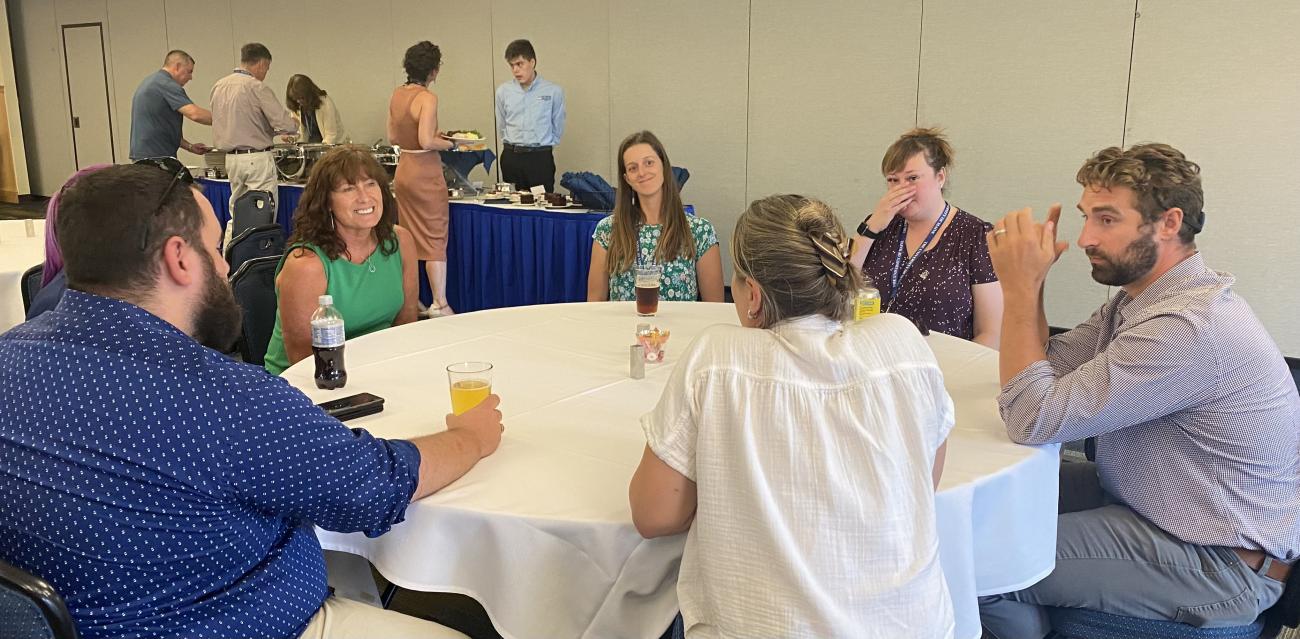Governor Janet Mills and the Federal Reserve Bank of Boston made the announcement today that six teams from the Maine Working Communities Challenge have been selected to receive grants totaling $375,000 over the course of three years. These grants will allow the teams to begin implementing proposals that address local economic problems such as poverty and a lack of work opportunities. The Working Communities Challenge is a one-of-a-kind grant programme that will last for three years and is funded by the Federal Reserve Bank of Boston, the State of Maine, national and local philanthropy, and employers from the private sector. Its primary objective is to improve the economic well-being of rural communities in Maine. The State of Maine committed to participating in the Working Communities Challenge in the year 2020 thanks to the leadership of Governor Mills.
“I am one of the many folks who call rural Maine their home across the state. It is the location of my heart. According to Governor Janet Mills, “Our rural communities are valuable beyond measure, which is why we are so invested in The Working Communities Challenge.” “The Challenge” is bringing together the Federal Reserve Bank of Boston, the government of Maine State, corporations in the private sector, and community-based organisations in order to solve the most difficult problems that our rural communities confront and to improve them for the years to come. I am pleased to lend my support for this endeavour by way of my Maine Jobs and Recovery Plan. I would want to express my gratitude to everyone involved for their efforts to work together, and I eagerly anticipate witnessing the outstanding results that will come from these grants.
“A willingness to take on big, persistent challenges to improve community resilience is at the heart of the Working Communities Challenge,” said Heather Johnson, Commissioner of the Department of Economic and Community Development. “The Working Communities Challenge” was created by the Department of Economic and Community Development. “I want to thank the Federal Reserve Bank of Boston for their support in bringing this programme to Maine, and I want to congratulate the six communities that are engaged in this important work. We look forward to supporting you as you work towards achieving your goals,” said Governor LePage. “We are excited to support you as you work towards achieving those goals.”
The Maine Working Communities Challenge is sponsored by more than $2.7 million in funding from the private sector, contributions from both local and national philanthropies, and other government awards. This funding is in addition to the one million dollars in federal assistance that Governor Mills has offered as part of her Maine Jobs & Recovery Plan.
According to Prabal Chakrabarti, an executive vice president at the Boston Fed and its officer in charge of community affairs, the Boston Fed is impressed by the work that all of the teams are putting in as well as the breadth of the projects that they are working on.
“Not only do their efforts take advantage of real opportunities in their economically challenged regions, but they also address issues in some of the state’s most at-risk populations that cannot be ignored,” said Executive Vice President Chakrabarti. “Their efforts take advantage of real opportunities in their economically challenged regions.”
The following project objectives will be carried forward by these six teams as they move into the implementation phase:
Greater Bangor’s mission is to increase economic equality by involving a diverse range of perspectives and altering the structures that govern employment, education, entrepreneurial growth, and community assistance. The team is putting a particular emphasis on firms related to food and trade, as well as individual entrepreneurial endeavours.
Katahdin Region: To establish a robust outdoor economy that not only provides long-term prosperity for locals but also generates employment opportunities that help attract and keep younger employees.
A culture of opportunity, equity, and inclusion will be constructed in Lewiston and Auburn with the goals of providing support for it, enhancing it, and ensuring its continued existence. This effort will address wealth gaps, catalyse economic growth, and expand opportunities for members of Lewiston Auburn’s marginalised communities, particularly Black, Indigenous, and People of Colour (BIPOC) youth, immigrants, refugees, asylum seekers, and African Americans born in the United States.
To gain an understanding of how persistent and escalating poverty affects the region, and to build collaborative and inclusive policies, with the goal of ensuring that all members of the team’s communities are able to flourish. The Maine Highlands.
Both Washington County and the Passamaquoddy Tribe are aiming to minimise the number of children who live in poverty by increasing the number of occupations that pay a livable wage and by investing in young people and their parents.
To build and improve interconnections between local youth-serving institutions and systems in Sagadahoc County in order to better serve local adolescents.
Within the scope of the Working Places initiative run by the Boston Fed is a competition known as the Maine Working Communities Challenge. The mission of Working Places is to enhance the quality of life for those residing in the towns, regions, and smaller post-industrial cities of New England. Its methodology brings together individuals from a wide variety of community sectors to discuss a unified goal for change.
Each of Maine’s sixteen counties was represented by one of the 22 teams who submitted applications to the challenge in the hopes of moving on to the design phase. The eight teams that will move on to the design phase were chosen by a panel made up of members of the local steering committee for the Maine Working Communities Challenge. The six teams that were announced today as the winners of the implementation grants are the final awards.





